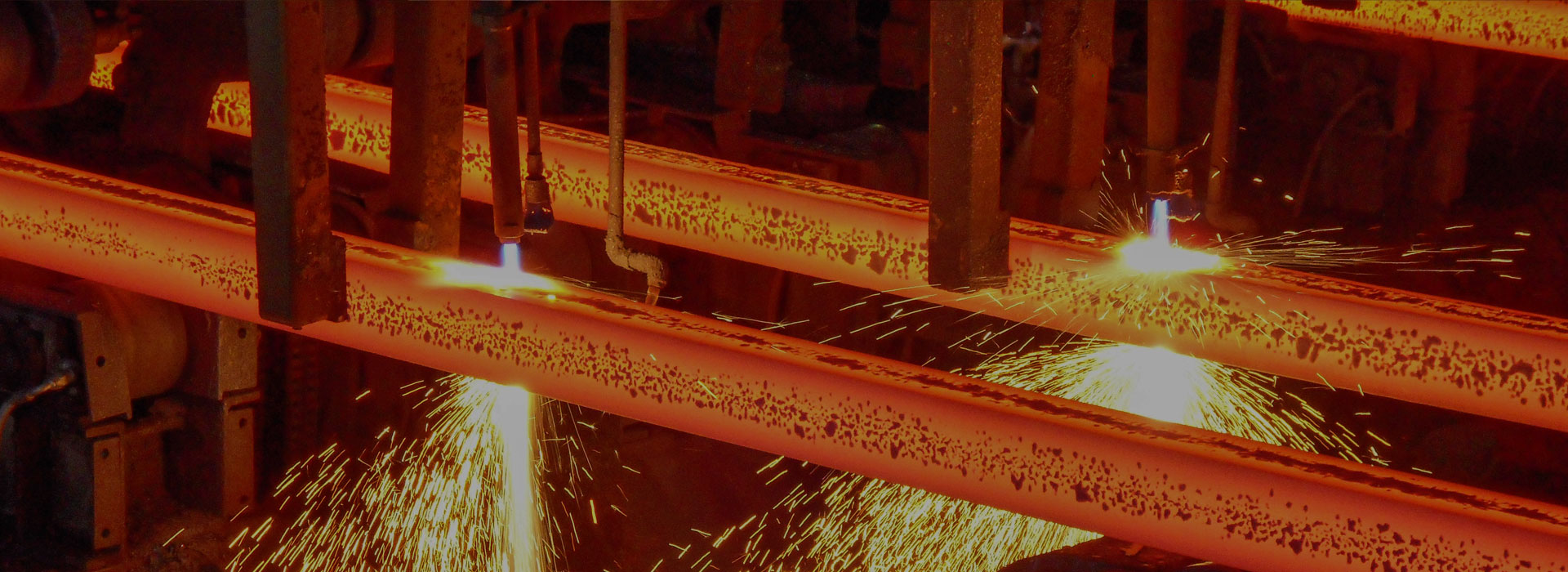Advantages and Disadvantages of ductile iron casting
2023-08-09
Ductile iron casting is a widely used casting process that offers several advantages and disadvantages. This article will discuss the key benefits and drawbacks of ductile iron casting.
Advantages:
1. High Strength: Ductile iron casting provides excellent strength and durability. It has a higher tensile strength compared to other cast iron materials, making it suitable for applications that require heavy loads and high stress resistance.
2. Versatility: Ductile iron casting offers versatility in terms of design and shape. It can be easily cast into complex shapes, allowing for intricate and customized components. This versatility makes it suitable for a wide range of industries, including automotive, construction, and machinery.
3. Cost-effective: Ductile iron casting is a cost-effective casting process. It has a lower production cost compared to other casting methods, making it an economical choice for large-scale production. Additionally, its high strength and durability reduce the need for frequent replacements, further reducing overall costs.
4. Good Machinability: Ductile iron casting has good machinability, meaning it can be easily machined and modified to meet specific requirements. This makes it easier to achieve precise dimensions and tolerances, ensuring the accuracy of the final product.
Disadvantages:
1. Brittle in High Temperatures: One of the main disadvantages of ductile iron casting is its brittleness at high temperatures. It has a lower melting point compared to other casting materials, limiting its use in applications that involve extreme heat or thermal cycling.
2. Susceptible to Corrosion: Ductile iron casting is prone to corrosion, especially in environments with high moisture or chemical exposure. Without proper protective coatings or treatments, it can deteriorate over time, affecting its performance and lifespan.
3. Heavyweight: Ductile iron casting is relatively heavy compared to other casting materials. This can be a disadvantage in applications where weight reduction is crucial, such as in the aerospace industry. The weight of ductile iron components may also increase transportation and installation costs.
4. Limited Design Flexibility: While ductile iron casting offers versatility in terms of shape and design, it has certain limitations. It may not be suitable for applications that require extremely thin or intricate features, as it may result in casting defects or reduced mechanical properties.
Ductile iron casting has several advantages, including high strength, versatility, cost-effectiveness, and good machinability. However, it also has some drawbacks, such as brittleness at high temperatures, susceptibility to corrosion, heavyweight, and limited design flexibility. Understanding these advantages and disadvantages is crucial in determining whether ductile iron casting is the appropriate choice for a specific application.

X
We use cookies to offer you a better browsing experience, analyze site traffic and personalize content. By using this site, you agree to our use of cookies.
Privacy Policy



